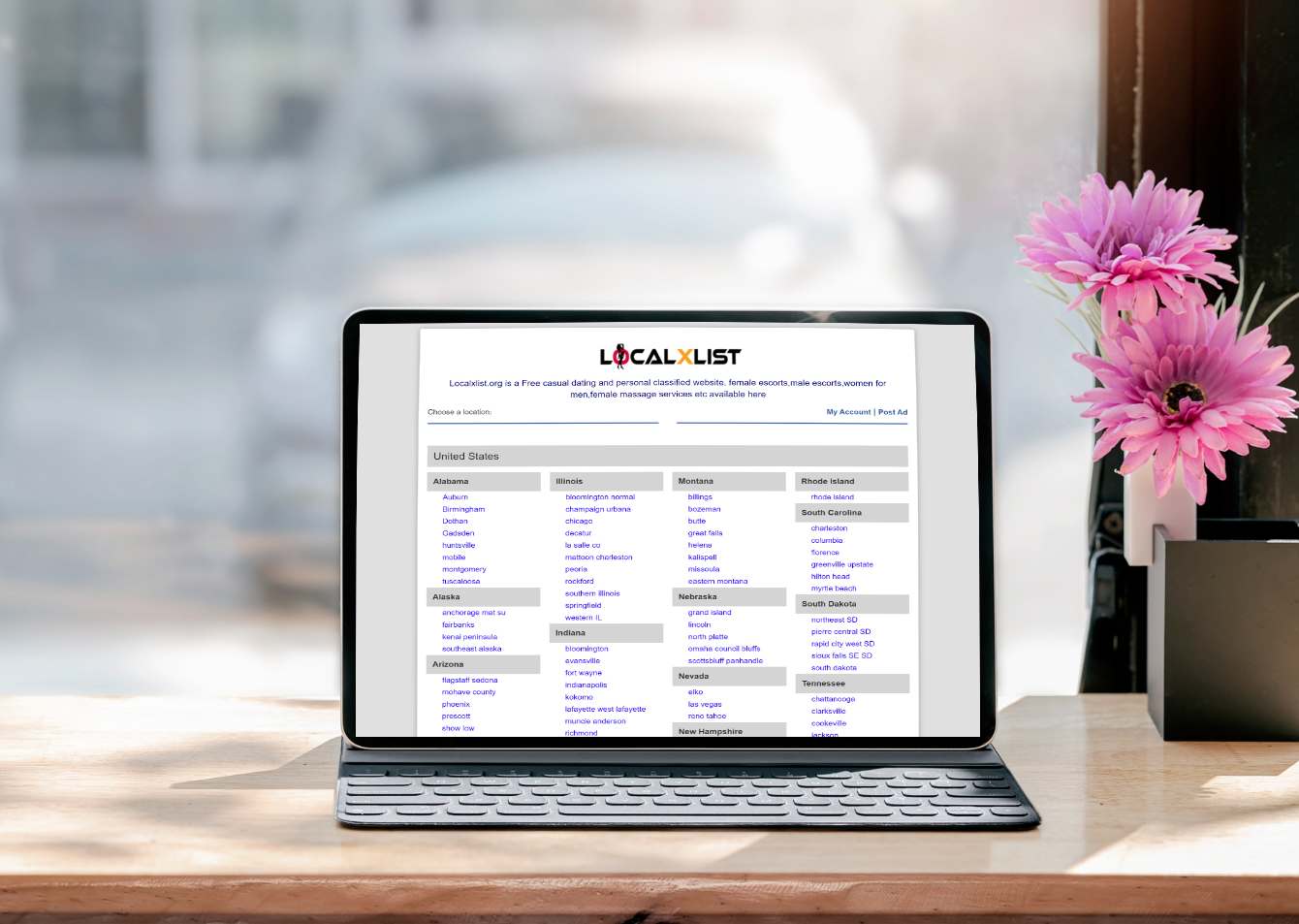Mobile apps have now become a major part of our daily lives; whether you are ordering food, using social media, or playing games, we have an app for everything. However, this enormous usage of apps also causes potential security risks if they are not properly protected.
This increased frequency of data breaches and security incidents creates an urge for high-end app security solutions. Users are becoming more aware of these threats, and their trust in mobile applications hinges on how well developers protect their data.
With sensitive user data like financial details, personal information, and communication records being stored and transferred through apps, it has become a concerning issue for both users and those working for mobile app development NYC to have a stringent security posture.
In this article, we will highlight reasons that could threaten an app’s security and share a few best practices for protecting user data.
What Causes Mobile App Security Threats?
Today, 60% of digital frauds are made through mobile apps, which makes it necessary to remain well-informed about all key reasons behind security breaches in mobile apps. Here, we will discuss common causes that, if left unaddressed, would compromise the integrity and security of your mobile apps.
- Data breaches usually occur when unauthorized individuals access sensitive users’ data. It can cause business financial losses, identity theft, and reputational damage.
- Mobile apps that do not encrypt stored data could risk revealing users’ personal information to crackers.
- Malicious code can be injected into mobile apps that allow unauthorized individuals to manipulate app behaviors drastically.
- APIs serve as the backbone of app functionality, but unsecured APIs will become a welcome call for attackers to intercept data transfers between apps and servers.
- Apps that lack strong user authentication methods, such as 2-factor authentication and facial recognition, could open doors for brute force attacks and unauthorized access.
7 Best Practices for Securing Mobile Apps
Implement Strong Authentication
User authentication is your first line of defense against digital threats. To protect data security with an extra level of security, you leverage a multifactor authentication security system. This involves using combined passwords, biometric verification (like fingerprint or facial recognition), and OTP codes sent through SMS or email to hinder unauthorized individuals from assessing accounts.
Encrypt Sensitive Data
Protecting sensitive client data in your mobile app is a must for all businesses. To serve this purpose, they can ensure that data remains encrypted when it’s stored and when it’s being sent over the network in both scenarios.
Use secure protocols like HTTPS to safeguard data during transmission and rely on strong encryption standards like AES-256 for anything stored. In this way, if any unauthorized individuals try any data breach attempt or gain access, this data will be unreadable without the proper decryption keys.
Secure APIs
APIs serve as a backbone for your data security. It enables app developers to communicate with servers easily and keep them informed about other security issues. However, having an insecure API might expose your app to vulnerabilities. So don’t wait longer; ensure right now that all your APIs are unauthenticated, use secure tokens, and validate input to prevent attacks such as SQL injection and cross-site scripting.
Regular Security Updates
If you think that having a stringent security system is just a task, you might be wrong. It is a never-ending practice. The number of sophisticated threats keeps increasing along with advancements in technology. To combat these sophisticated digital threats, you can have regular app updates based on the nature of the threats. It will play a leading role in protecting your and your users’ data from cyber-attacks and data breaches.
Regularly do changes within libraries and frameworks of your existing mobile app. If possible, from your end, encourage visitors to update to benefit from the latest security improvements quickly.
Conduct Security Testing
Security testing during a mobile app development cycle makes your app future-proof from any existing or upcoming digital threats. You can use AI-supported tools to analyze your existing security models. Beyond just AI-powered testing, you can conduct regular penetration testing using real-world hacking attempts, exploring weaknesses in your app that might go unnoticed. This proactive approach enables development teams to discover and fix vulnerabilities before malicious actors exploit them.
Educate Users
User education is an often overlooked aspect of mobile app security. Inform your app uses regarding the need for complex passwords, and they can restrict the risk of unauthorized access to their accounts. You can also guide them on recognizing phishing attempts so that they can better avoid getting tricked with personal information or login credentials. With a security-conscious mindset, your app users can significantly lessen the ratio of data breaches.
Use Secure Coding Practices
Writing secure code from the beginning of development is crucial to reducing the risk of data threats in the future. It’s better to start with input validation and never trust external data sources. Meanwhile, error handling is equally important; if you feel like an app reveals too much information through error messages, it can give attackers clues about your system’s weaknesses.
Familiarize yourself with highly secure development frameworks and libraries that could reduce any existing change of data breaches in your code without compromising security.
To Wrap it all Up
Securing mobile apps is not just a technical issue; it’s a highly crucial aspect of your business that protects user data and maintains trust. Those who want to fight against any existing or upcoming cyber threats and data breaches in mobile apps can follow the above practices to defeat modern-day fraudsters. If you feel like your app is at risk of today’s threat, don’t wait any longer; hire a reliable partner for mobile app development in NYC now to set you apart from others. Remember, taking proactive approaches against data breaches is a necessity and a smart move for all.




